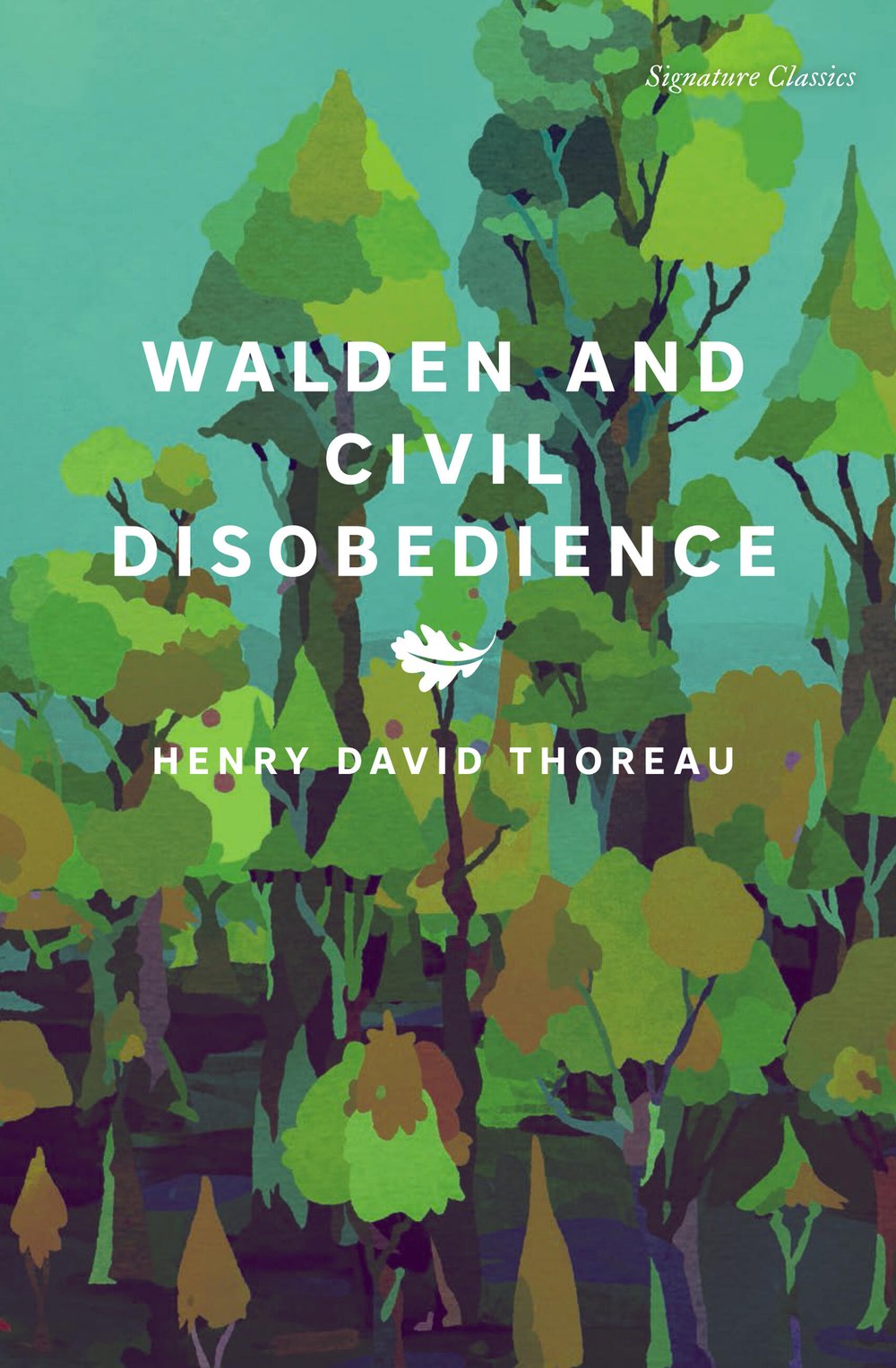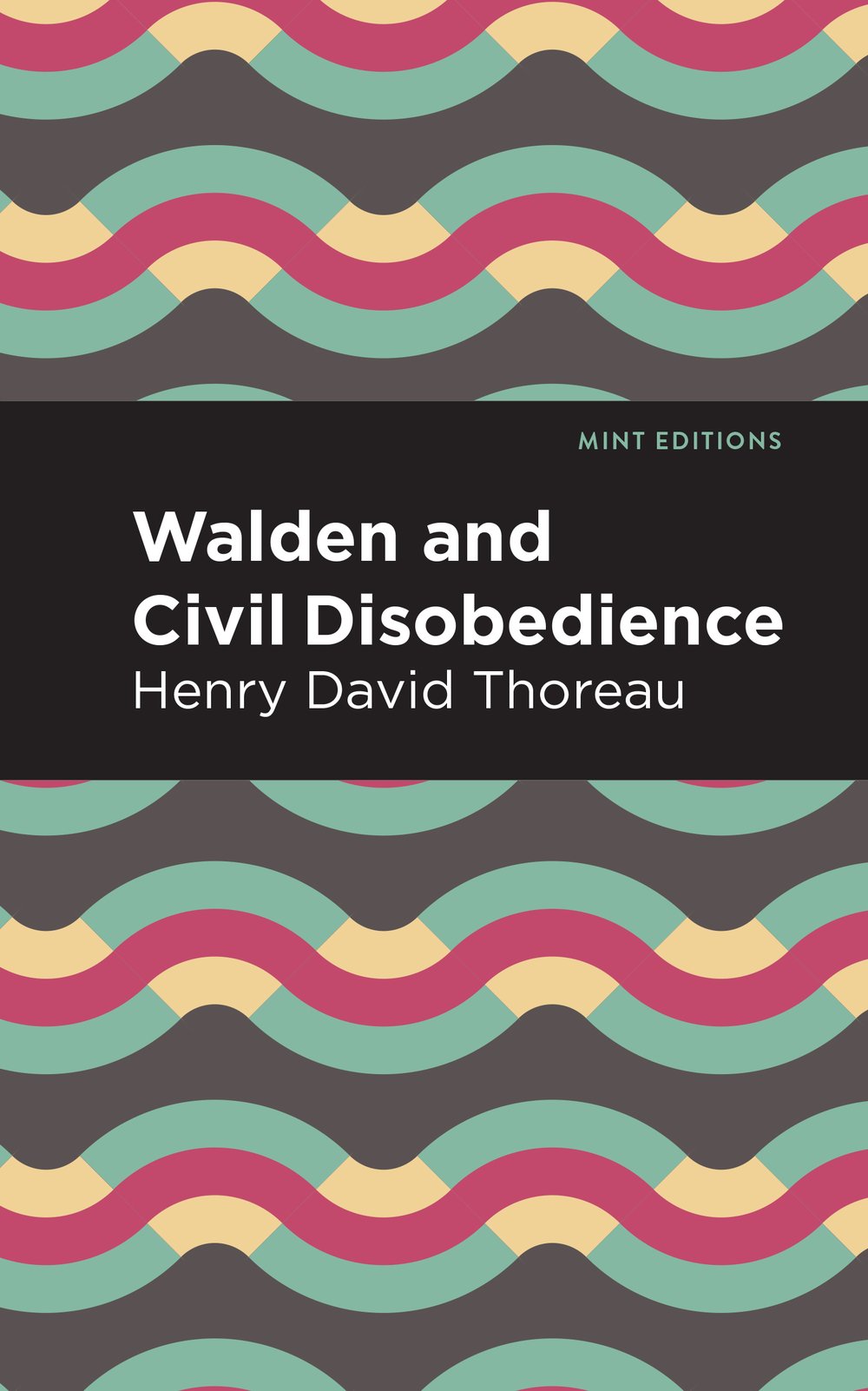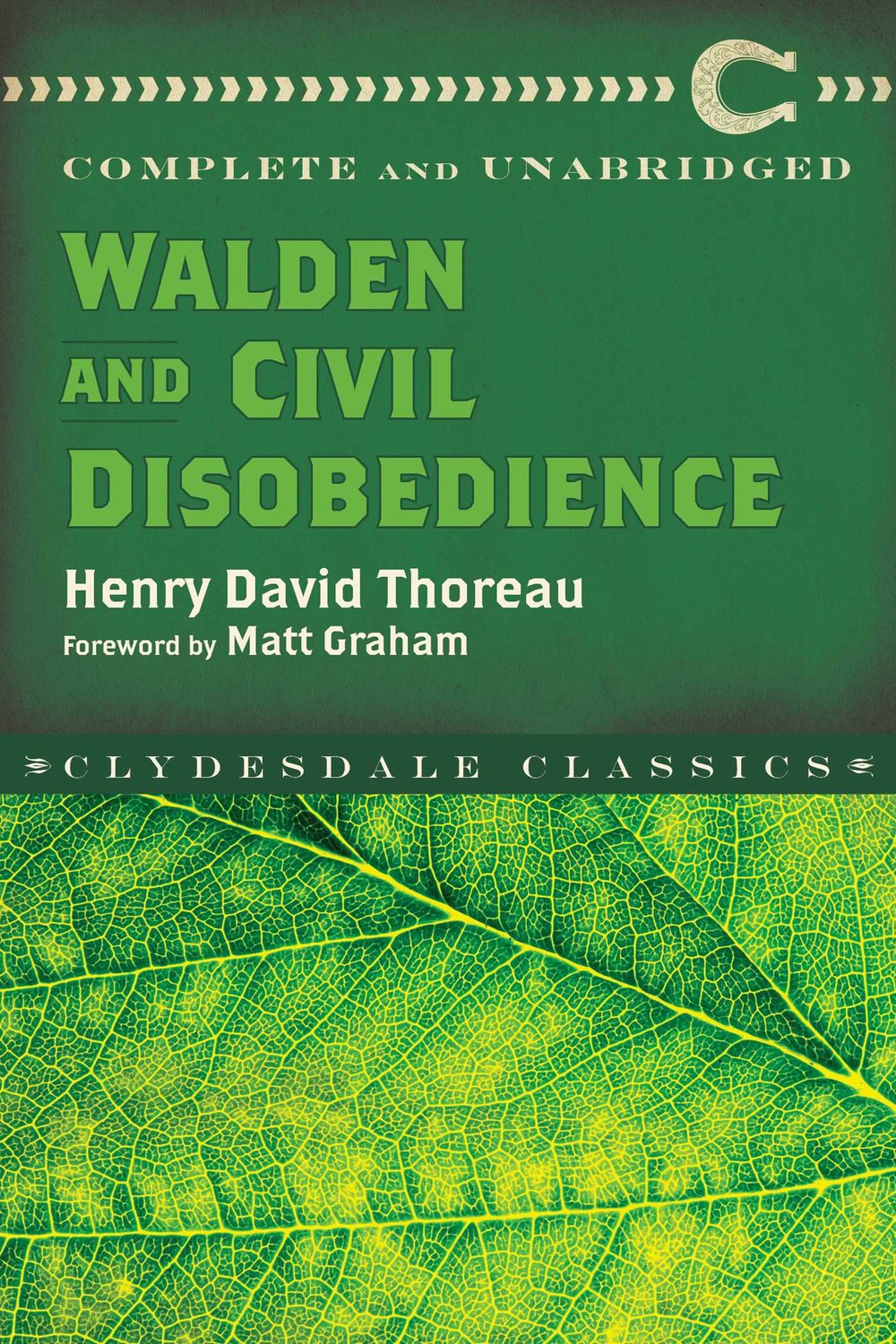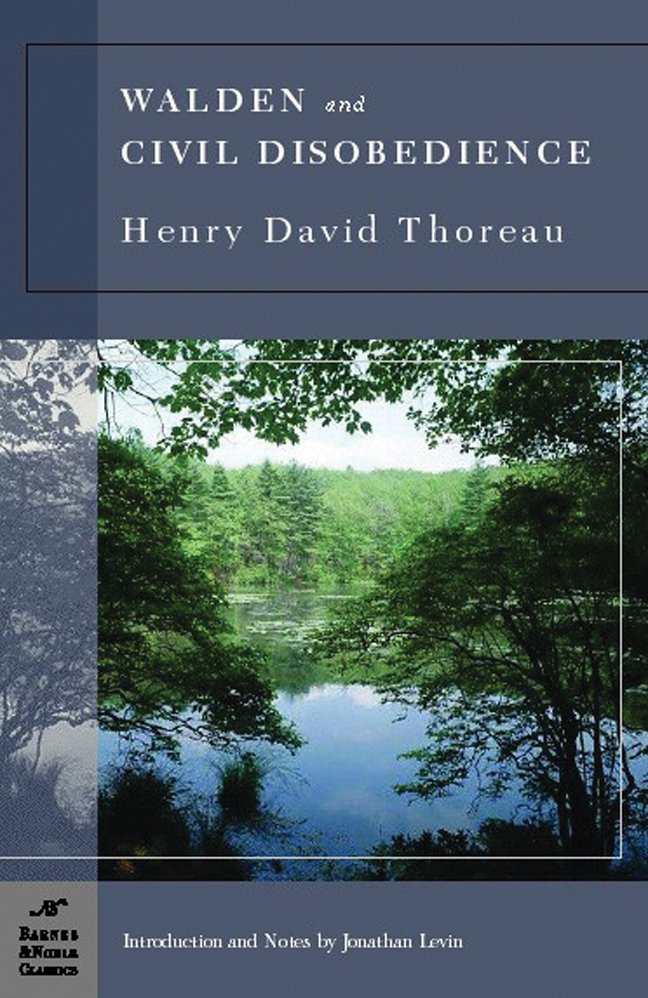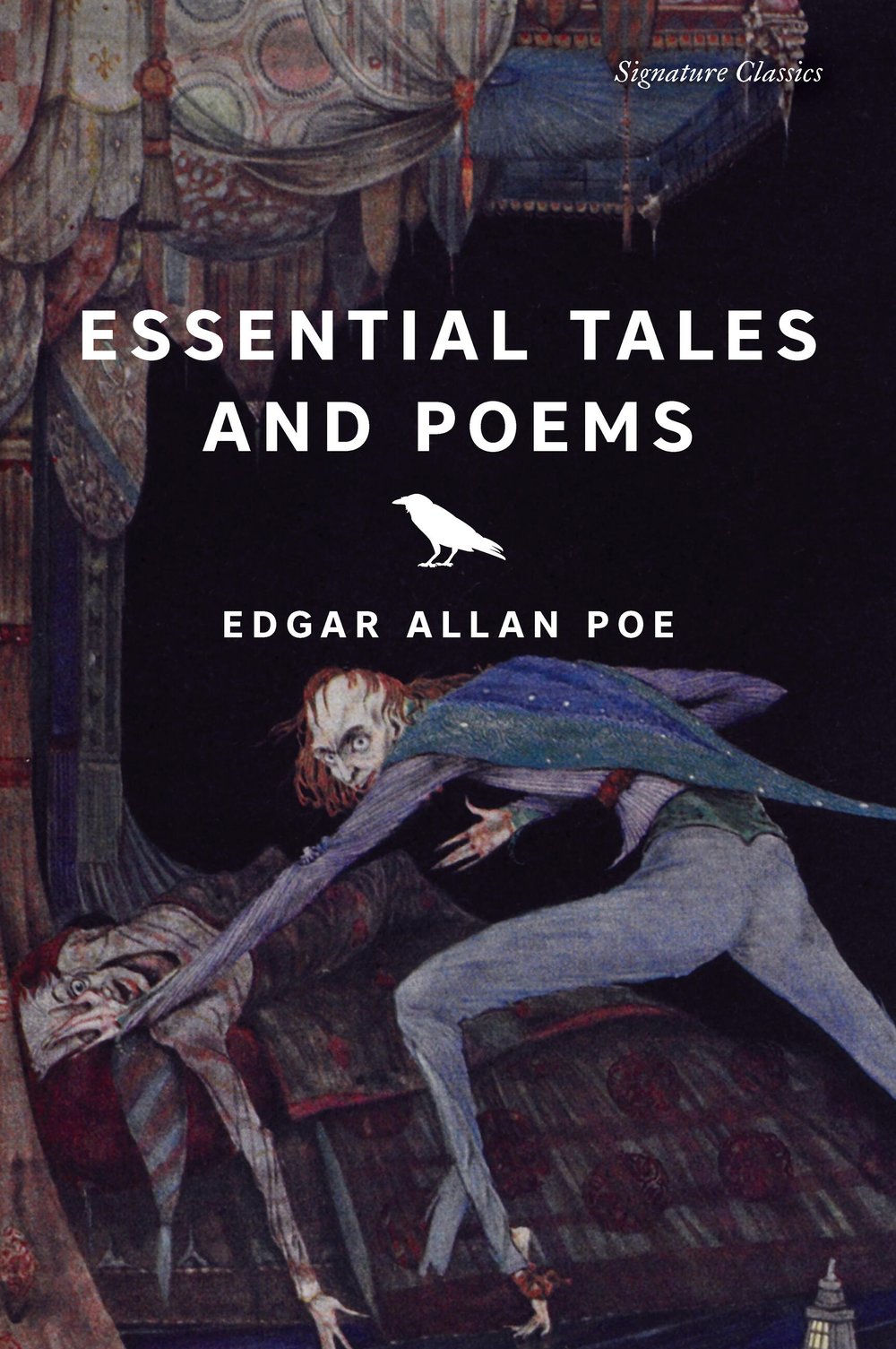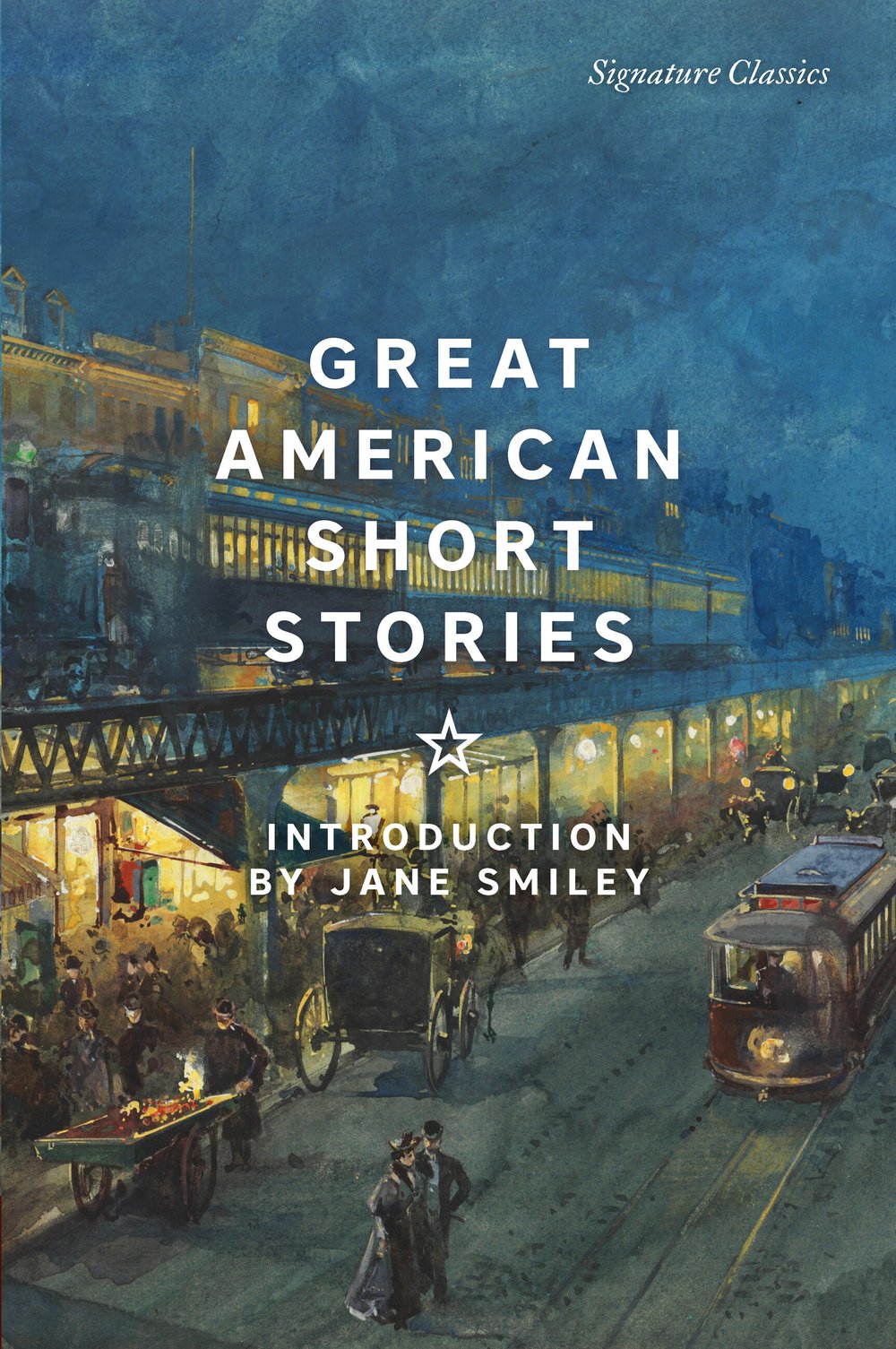Walden and Civil Disobedience
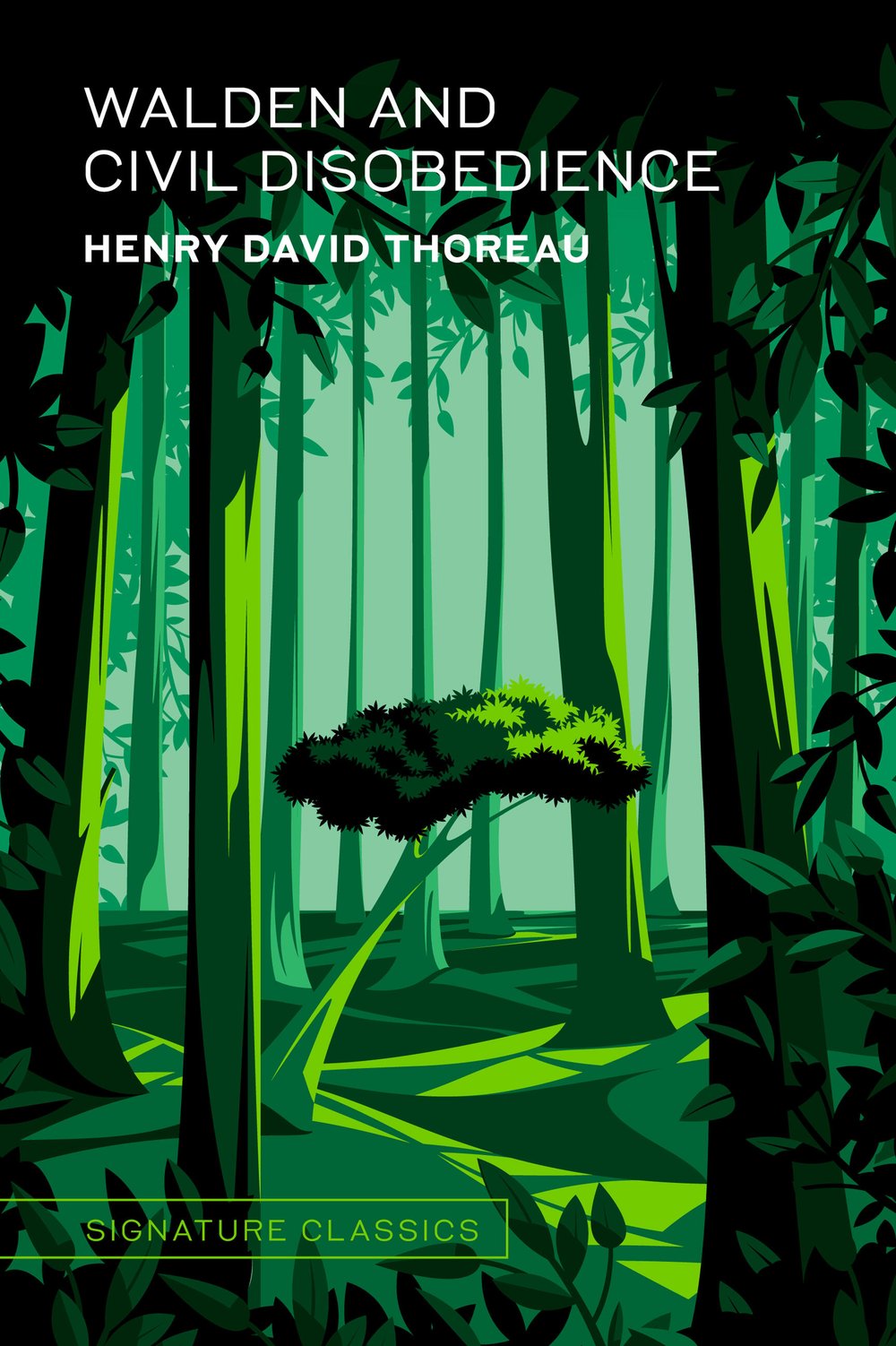
In Walden, Thoreau explains how separating oneself from the world of men can truly awaken the sleeping self. Thoreau holds fast to the notion that you have not truly existed until you adopt such a lifestyle – and only then can you reenter society, as an enlightened being.
These simple but profound musings – as well as 'Civil Disobedience,' his protest against the government’s interference with civil liberty – have inspired many to embrace his philosophy of individualism and his love of nature. More than a century and a half later, his message is more timely than ever.

Henry David Thoreau (1817–1862) was an American author, naturalist, transcendentalist, tax resister, development critic, philosopher, and abolitionist who is best known for Walden, a reflection upon simple living in natural surroundings, and his essay 'Civil Disobedience', an argument for individual resistance to civil government in moral opposition to an unjust state.


